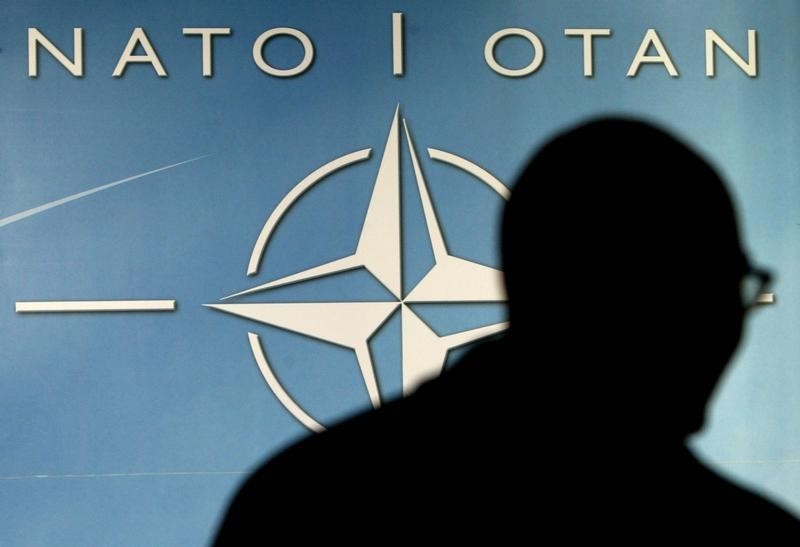Uxin shares drop 45% as predicted by InvestingPro’s Fair Value model
Investing.com - Europe’s defense sector is possibly set to "change" fundamentally after the NATO alliance recently agreed to pursue new budget targets, according to analysts at Bernstein.
Following a short summit last week, NATO signed off on an increased defense spending goal of 5% of gross domestic product by 2035.
The 32 members of the North Atlantic Treaty Organization also reiterated their shared commitment to shield one another, saying in a brief statement that "an attack on one is an attack on all" -- the central stipulation of the all-important Article Five of NATO’s founding treaty.
All NATO members backed a statement establishing the 5% target, which was divided into 3.5% of GDP spent over the next decade on core defense like troops and a further 1.5% on defense-related sectors and infrastructure. One caveat came from Spain, which declared that it does not need to meet the target and can live up to its commitments by spending less.
NATO Secretary General Mark Rutte, who had lobbied for the elevated spending levels as part of a bid to ensure U.S. President Donald Trump’s support prior to the summit, acknowledged that it would likely not be easy for European countries and Canada to meet these targets. But he argued that it was crucial they do so given a "threat from the Russians" and "the international security situation."
Writing in a note, the Bernstein analysts said the elevated spending targets could "structurally" alter the European defense industry, representing a $75 billion opportunity for regional contractors in particular.
"The growing share of equipment within budgets and the push for local spending will amplify the opportunity," the brokerage said.
First-half results "should be strong" from European defense names like BAE Systems (LON:BAES), Dassault Aviation (EPA:AM), Leonardo (BIT:LDOF) and Thales (EPA:TCFP), the analysts predicted, citing favorable "commercial and military trends."
But they argued that the "real upside" for these stocks will likely come from potential long-term upgrades to their financial outlooks.
"As budgets are approved, and orders start flowing, we expect earnings upgrades to support the sector," they wrote, although they flagged that management teams are likely to "insist on the need to see new orders flow" before lifting their guidances. This "could take over a year" to transpire, the analysts said.
